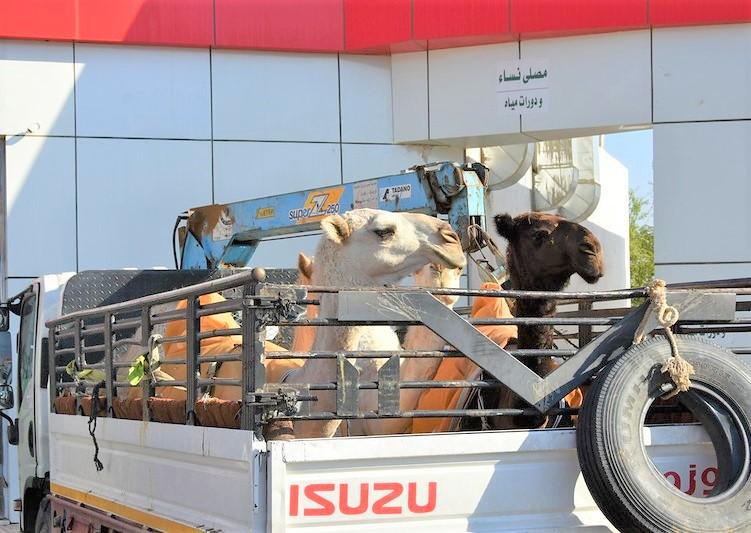Since September 2022, Saudi Arabia has reported three more MERS-CoV cases, two of them fatal, all involving men who had contact with camels or had consumed raw camel milk before they got sick, the World Health Organization (WHO) said yesterday in an update.
The update on Middle East respiratory syndrome coronavirus (MERS-CoV) from Saudi Arabia, the country most affected by the virus, is the first since November 2022, when four cases were reported during the previous 10-month period.
Patients were from 3 different regions
In the latest update, covering activity over roughly the last 11 months, the WHO said no illnesses were reported among any of the three patients' contacts. The patients were from three different locations, which included the Riyadh, Asser, and Makkah Al Mukarramah regions.
All were men ages 42, 83, and 85. Two had a history of contact with camels, and all three had consumed raw camel milk before they got sick. None of them were healthcare workers. All three had underlying health conditions. Symptom onset for two of the patients was in November and December 2022, and the most recent illness onset was January 5, 2023.
In the two instances in which patients had contact with camels, Saudi Arabia's agriculture ministry investigated whether the camels were infected, and the animals that tested positive were isolated until their reverse transcription-polymerase chain reaction (RT-PCR) test was negative.
Since the virus was first reported in humans in 2012, 2,605 cases—at least 937 of them fatal—have been reported from 27 countries, mostly from Saudi Arabia.
COVID likely affected MERS patterns, but threat remains
The WHO said the number of MERS-CoV case reports it has received has declined substantially since the beginning of the COVID-19 pandemic, likely due to competing surveillance priorities and similar clinical pictures for both diseases.
Also, the WHO said COVID measures such as social distancing and masking probably reduced the risk of human-to-human transmission of MERS-CoV.
Earlier this year, Oman and the United Arab Emirates (UAE) each reported a MERS-CoV case.
"The notification of these cases reiterates the need for global awareness of MERS-CoV as the disease continues to pose a threat in countries where MERS-CoV is circulating in dromedary camels, including those in the Middle East," the WHO said.





















